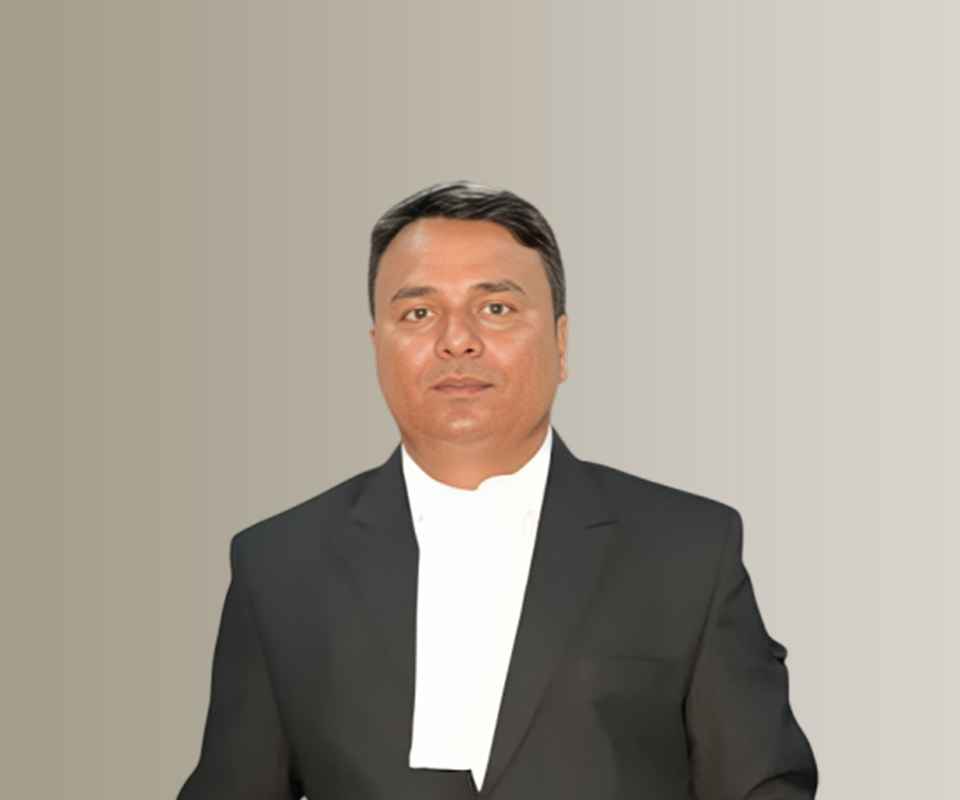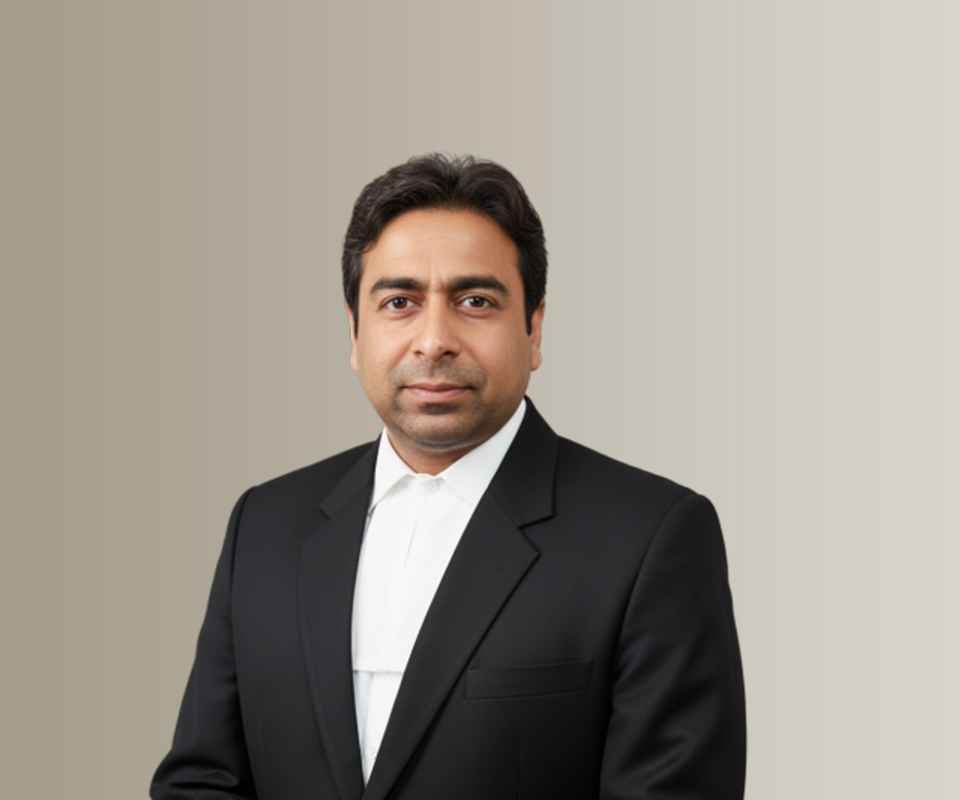Answer By law4u team
Bharatiya Nagarik Suraksha Sanhita, 2023 - Section 218: Prosecution of Judges and public servants
(1) When any person who is or was a Judge or Magistrate or a public servant not removable from his office save by or with the sanction of the Government is accused of any offence alleged to have been committed by him while acting or purporting to act in the discharge of his official duty, no Court shall take cognizance of such offence except with the previous sanction save as otherwise provided in the Lokpal and Lokayuktas Act, 2013—
- (a) in the case of a person who is employed or, as the case may be, was at the time of commission of the alleged offence employed, in connection with the affairs of the Union, of the Central Government;
- (b) in the case of a person who is employed or, as the case may be, was at the time of commission of the alleged offence employed, in connection with the affairs of a State, of the State Government:
Provided that where the alleged offence was committed by a person referred to in clause (b) during the period while a Proclamation issued under clause (1) of article 356 of the Constitution was in force in a State, clause (b) will apply as if for the expression State Government occurring therein, the expression Central Government were substituted:
Provided further that such Government shall take a decision within a period of one hundred and twenty days from the date of the receipt of the request for sanction and in case it fails to do so, the sanction shall be deemed to have been accorded by such Government:
Provided also no sanction shall be required in case of a public servant accused of any offence alleged to have been committed under section 197, section 198, section 63, section 66, section 68, section 70, section 73, section 74, section 75, section 76, section 77, section 141, or section 351 of the Bharatiya Nyaya Sanhita, 2023.
(2) No Court shall take cognizance of any offence alleged to have been committed by any member of the Armed Forces of the Union while acting or purporting to act in the discharge of his official duty, except with the previous sanction of the Central Government.
(3) The State Government may, by notification, direct that the provisions of sub-section (2) shall apply to such class or category of the members of the Forces charged with the maintenance of public order as may be specified therein, wherever they may be serving, and thereupon the provisions of that sub-section will apply as if for the expression Central Government occurring therein, the expression State Government were substituted.
(4) Notwithstanding anything contained in sub-section (3), no Court shall take cognizance of any offence, alleged to have been committed by any member of the Forces charged with the maintenance of public order in a State while acting or purporting to act in the discharge of his official duty during the period while a Proclamation issued under clause (1) of article 356 of the Constitution was in force therein, except with the previous sanction of the Central Government.
(5) The Central Government or the State Government, may determine the person by whom, the manner in which, and the offence or offences for which, the prosecution of such Judge, Magistrate or public servant is to be conducted, and may specify the Court before which the trial is to be held.
Brefe Detail
This section outlines the conditions under which courts may take cognizance of offences committed by judges, magistrates, and public servants while discharging their official duties. It emphasizes the requirement for prior sanction from the Central or State Government for prosecution, with specific clauses pertaining to public servants and members of the armed forces.
Question & Answers
What is required for a court to take cognizance of an offence committed by a judge or public servant?
A court must obtain prior sanction from the Central or State Government, except as provided in the Lokpal and Lokayuktas Act, 2013.
Are there any exceptions to the requirement for prior sanction?
Yes, no sanction is required for public servants accused of certain specified offences under the Bharatiya Nyaya Sanhita, 2023.
How long does the government have to decide on a sanction request?
The government must make a decision within 120 days; if they fail, the sanction is deemed to have been granted.
Who must sanction prosecutions of armed forces members?
The Central Government must give prior sanction for prosecutions of armed forces members acting in discharge of their official duties.
Example
- Example 1: If a public servant is accused of misconduct while on duty, the prosecution must seek prior sanction from the relevant government authority before any court action can be taken.
- Example 2: A judge accused of an offence related to their official functions can only be prosecuted with the prior approval of the Central or State Government, depending on the jurisdiction.
Summary
Section 218 of the Bharatiya Nagarik Suraksha Sanhita, 2023, establishes stringent guidelines for the prosecution of judges and public servants accused of crimes committed in the course of their duties. It underscores the necessity for governmental sanction before legal proceedings can commence, thereby safeguarding public officials from frivolous charges while maintaining accountability in the discharge of their official functions.







